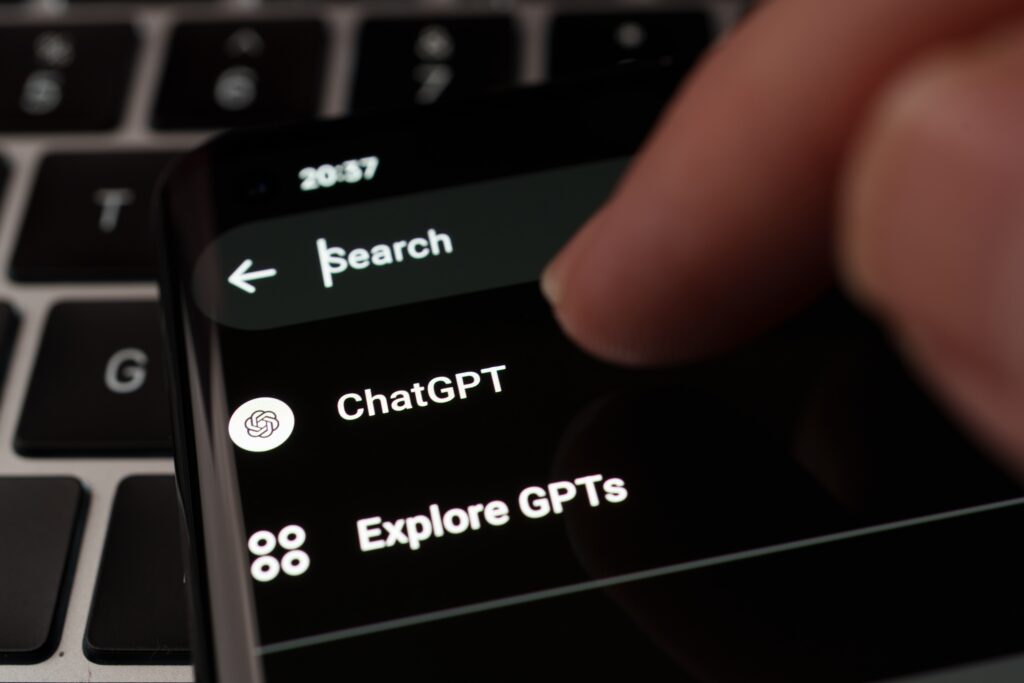A Year of Breakthroughs and Obstacles
Since its launch on November 30, 2022, ChatGPT has become a cornerstone of generative AI. In 2024, OpenAI unveiled key updates, including GPT-4, which brought advanced text, voice, and vision capabilities, and o1, tailored for solving complex tasks in fields like science and coding. The introduction of SearchGPT, a browser extension providing direct answers sourced from the web, marked another milestone.
OpenAI also faced internal challenges, such as co-founder Ilya Sutskever’s resignation, the shutdown of its superintelligence research team, and lawsuits over copyright concerns. Despite these setbacks, the company continues to pursue groundbreaking advancements.
Pioneering the Next Phase of AI
Looking ahead, OpenAI aims to develop autonomous AI agents capable of executing tasks independently. Founder Sam Altman envisions this as the company’s “next giant breakthrough.” Competitors like Google and Microsoft are already advancing similar technologies, increasing pressure on OpenAI to stay ahead.
Rumors point to a December release of Orion, a new model expected to succeed GPT-4 and o1. Updates to DALL-E and Sora, a delayed text-to-video tool, are also anticipated.
Experts suggest OpenAI may benefit from creating smaller, specialized models that are less resource-intensive and tailored to fields like law or healthcare. Expanding ChatGPT’s capabilities, such as analyzing medical images, could broaden its applications while reducing risks of errors through external knowledge bases.
As OpenAI enters its third year, balancing resource constraints with innovation and specialization will define the future trajectory of ChatGPT and its impact on AI development.


